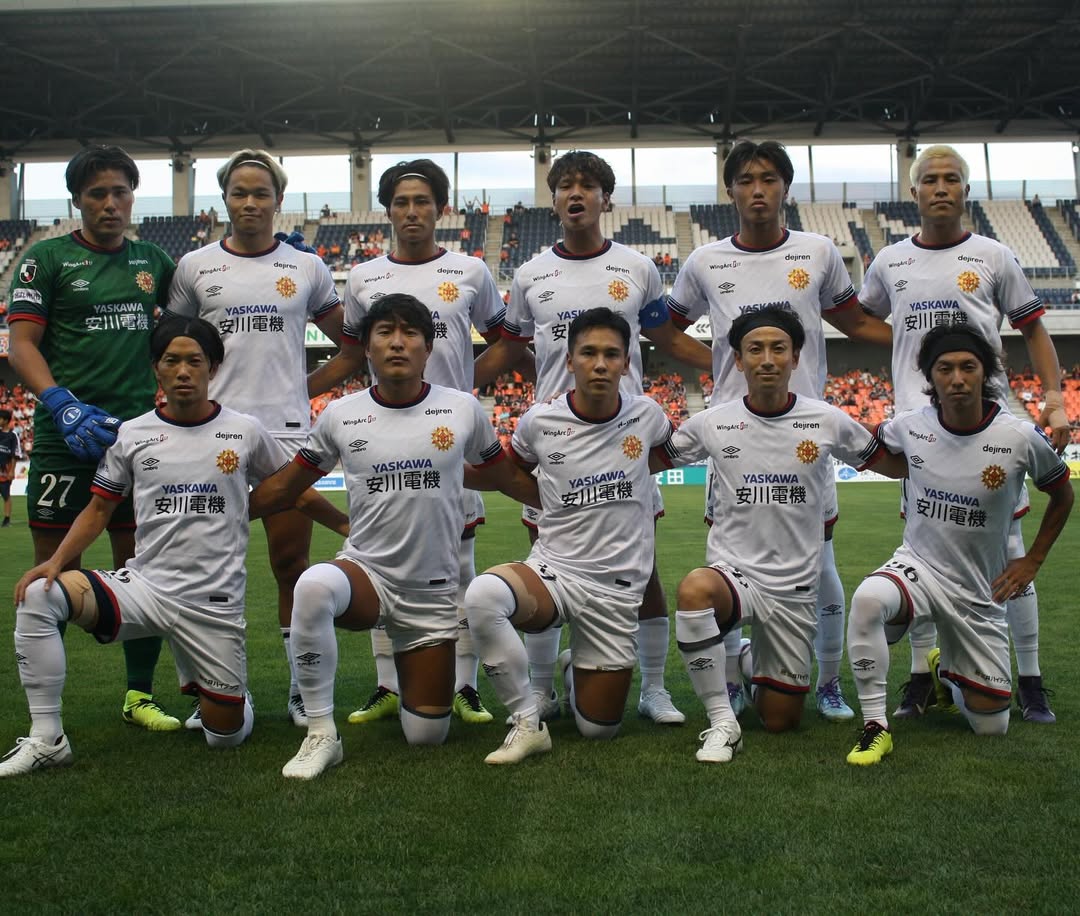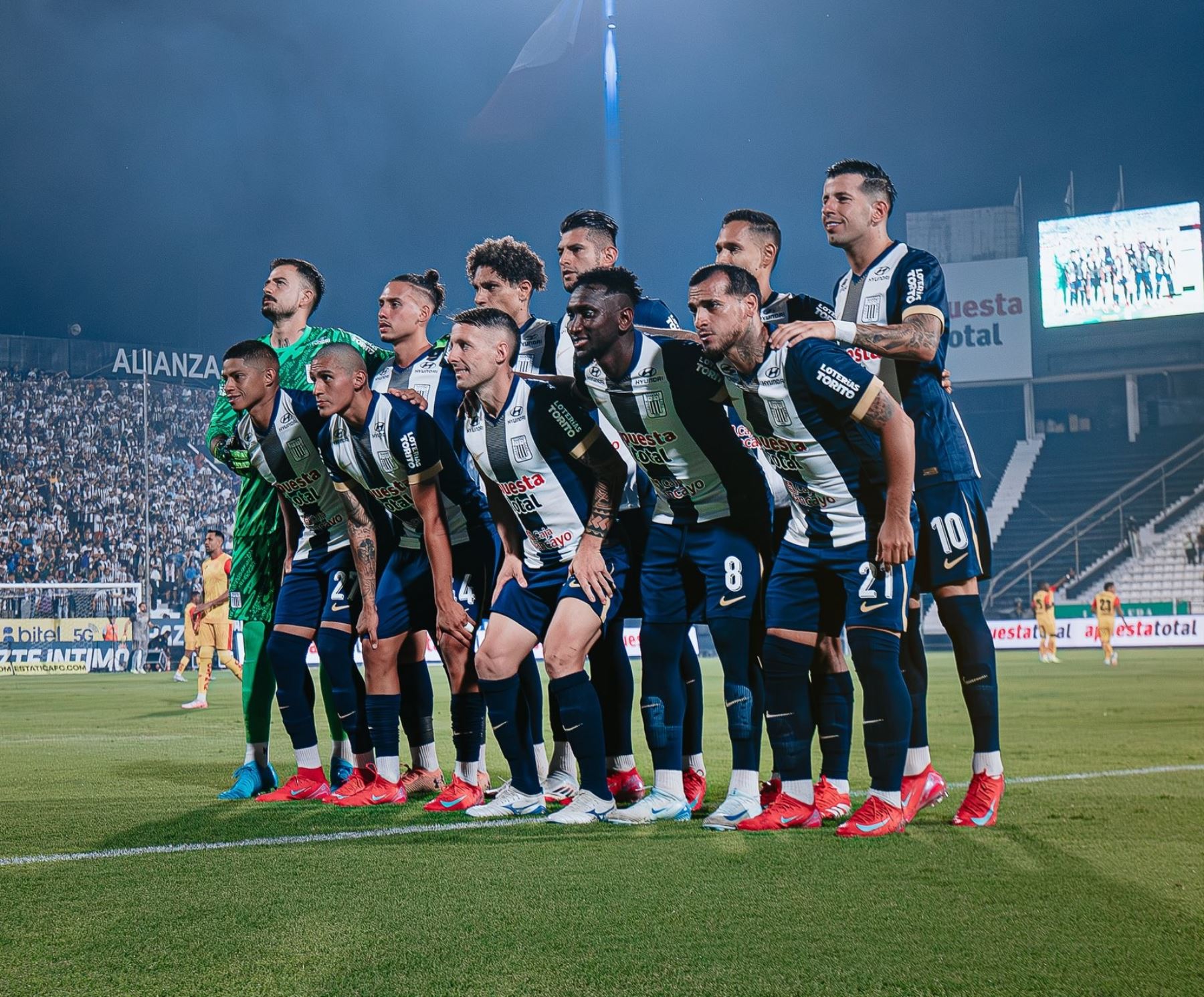The concept of marginal gains is a philosophy that improving and optimising performance by a small amount across a number of different areas will cumulatively lead to much more significant improvements overall.
In the world of elite level sport, particularly in a league as fiercely competitive as the Premier League, the pursuit of finding and creating marginal gains is therefore hugely important.
One Premier League club who is at the forefront of seeking these marginal gains is Be Your Best partner club, Wolverhampton Wanderers.
Wolves use the Be Your Best virtual reality (VR) football app to improve the vision, decision making and cognitive skills of their players throughout the club.
Head of Performance Insights and Data Strategy at Wolves, Mathew Pearson, said of the partnership:
"Being a progressive club, we are always looking for new ways to help develop our players. Virtual Reality and Be Your Best offer an innovative way of working with players and we hope to use this to add to and enhance our current methods"
Cognitive neuroscience in football
Cognitive neuroscience in football is considered by many to be one of the biggest growth areas in the game. One of those people is Jes Buster Madsen, Head of Research and Development at FC Copenhagen (another partner club of Be Your Best).
“We know a lot about the physiology, we know everything about the calves and the thighs, we know a lot about the tactics, but we are not so knowledgeable about the brain processes that underlie these things,” Buster Madsen says.
“99% of all skills can be trained. Everything in the brain can be trained…there is going to be way more of this cognitive testing in the future. The clubs have the money and want to compete on any marginal gain they can find.”
But the whole concept of marginal gains means clubs are seeking improvements across multiple areas. And this is where Wolves are proving to be real innovators.
Light Therapy Glasses
In addition to training their players in VR, Wolves are also instructing players to use light therapy glasses several times a day to help boost focus.

Wolves first team players were seen wearing the "daylight glasses" ahead of their Premier League clash against Brighton and Hove Albion this season (2023/24).
The glasses work by shining light into the player's eyes in order to keep them alert as the daylight fades. The players wear the glasses for up to half an hour and the club first introduced them during Nuno Espirito Santo's tenure between 2017 and 2020.
Current Wolves Head Coach Gary O'Neil, who reintroduced them to the club upon the advice of his medical staff, explained the rationale and benefits behind the glasses:
"It’s something the medical team and fitness staff do. Obviously, there’s not much daylight at the moment, especially with evening games. When it gets dark, your body naturally starts to feel like it’s ready for bed but it’s definitely not time to get ready for bed here – you need to be fully alert."
“We’re just using them to help the boys be alert and to feel ready to go. There are some sort of health benefits of being exposed to more daylight. At breakfast most days they wear them for a set amount of time: 20 or 30 minutes. Then, at evening games when it starts to get dark, at the hotel they use them to let their bodies know it isn’t time to be shutting down.”
"It’s been since I arrived. The medical team spoke to me about them and I had no issue with trying them. Normally if things like that aren’t working and the boys aren’t feeling the benefit, they get dismissed fairly quickly. The boys are still all using them, so trying to make these marginal gains around the place is important.”
Manchester City star Erling Haaland is also an advocate of the daylight glasses technology to aid his recovery.
Highlighting how both Premier League clubs and players are continuously trying to find even the slightest edge to improve performance levels on the pitch.





